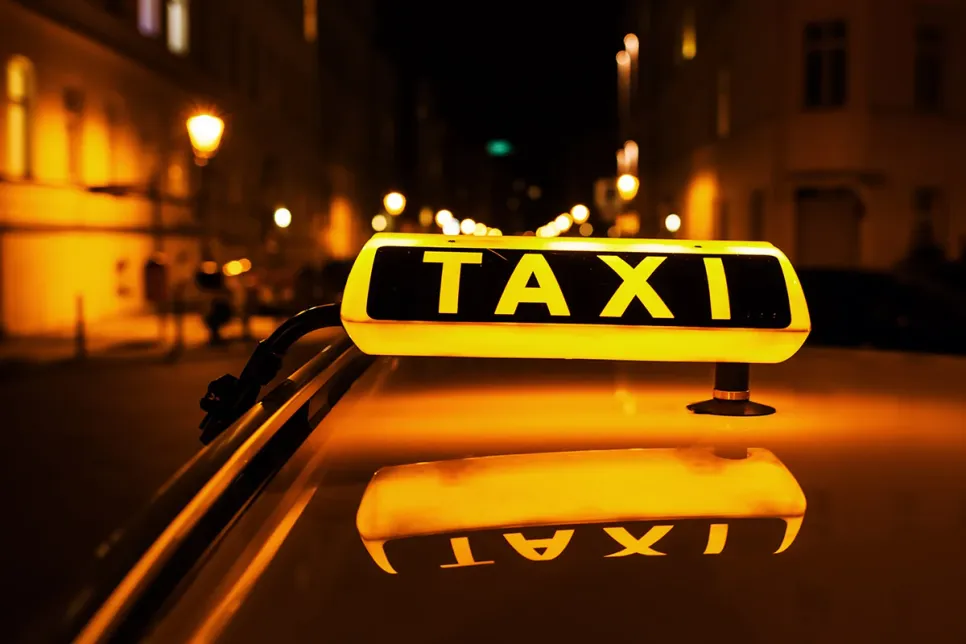Cloud Pushes Another Good Results for Microsoft
Microsoft posted another solid report for 1Q24.

New York’s city council is poised to approve a one-year cap on new licenses for Uber and other ride-sharing vehicles, according to Bloomberg.
This is a part of a sweeping package of regulations intended to reduce traffic and halt the downward slide in drivers’ pay. The measures, scheduled for a Wednesday vote, would make New York the first U.S. city to impose such limits and set a floor on compensation for the industry’s workers.
The plan is backed by Council Speaker Corey Johnson, who opposed Mayor Bill de Blasio’s similar proposal three years ago. The council killed that bill after an Uber television advertising campaign featuring drivers and customers. Now, Johnson says, he doesn’t buy Uber’s argument that a one-year “pause“ will take away opportunities for jobs and transportation service in neighborhoods outside Manhattan.
“This time around is worlds different,“ Johnson said, adding that the five-bill package has broad support among council members. “Congestion is worse now and there are so many for-hire vehicles on the road. We also can’t forget the crushing financial and emotional hardship drivers of all types face.“
The package comes after a spate of driver suicides dramatized the economic plight caused by an oversupply of taxis, e-hail vehicles and limousines. The council bills also set a minimum pay standard, after a study last month found that 85 percent of for-hire vehicle drivers earn less than $17.22 an hour.
The disruption caused by the app-based ride industry has drawn government scrutiny worldwide. Bulgaria and Italy have moved to ban it, and it’s faced suspensions in France, Spain, Hungary and the Netherlands. In Finland, Uber restarted operations recently after the government enacted new licensing rules. In London, it’s required to offer drivers insurance and limited work hours.
The Taxi Workers Alliance, a driver advocacy group that opposed a minimum pay measure last month over concerns it might hurt some drivers’ incomes, backed the rewritten version. The bill would require that companies pay any difference between the established minimum and what the driver earns through fares.
The legislation follows months of council talks with economists, drivers, fleet owners and passengers, and is a rewrite of a package debated during an all-day public hearing in April. The debate mirrors an international discussion over how to regulate the ride-sharing services. The one-year cap allows unlimited additional permits for wheelchair-accessible cars and exceptions in the event that data shows certain neighborhoods require additional cab service.